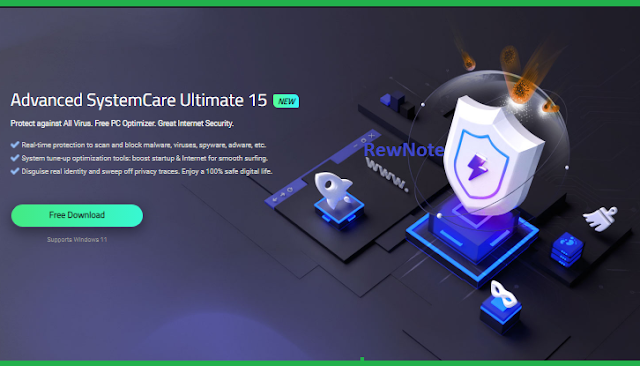Products Licenses
A software license may be a legal document (usually by way of jurisprudence , with or without printed material) governing the utilization or redistribution of software. Under us copyright law, all software is copyright protected, in both ASCII text file and code forms.[2] the sole exception is software within the property right . A typical software license grants the licensee, typically an end-user, permission to use one or more copies of software in ways where such a use would otherwise potentially constitute infringement of copyright of the software owner’s exclusive rights under copyright.
Freeware
Free software is software which will be freely used, modified, and redistributed with just one restriction: any redistributed version of the software must be distributed with the first terms of free use, modification, and distribution (known as copyleft). The definition of free software is stipulated as a part of the GNU Project and by the Free Software Foundation. Free software may could also be packaged and distributed for a fee; the “free” refers to the power to reuse it, modified or unmodified, as a part of another software package. As a part of the power to switch , users of free software can also have access to and study the ASCII text file .
Full Version
A full version software can also circumvent or serialize a bit of economic software. Commercial software often uses keys to authenticate the user and software during installation. Without the key, the software is unusable. the complete version software is employed to urge past this security feature by generating a key. Or, it's going to change a file to trick the software into allowing the to use it as if the right product key had already been entered. The latter is that the most distributed methodology for full version software licenses.
Products Licenses
Popular Posts

How To Download KGF Chapter 2 Full Movie 2022
March 28, 2022

IObit Malware Fighter 9 Pro License Key 2022 (Original Key)
March 16, 2023

IOTransfer 4 PRO KEY
April 25, 2021
Featured Post
 Best Software
Best Software
Advanced System Care Ultimate 16 Pro License Key 2024 (Original Key)
Smart Gazi
February 10, 2024
Advanced SystemCare Ultimate 16 Pro License 2024 (Original Key) Advanced SystemCare Ul…
Entertainment
3/Entertainment/post-list


